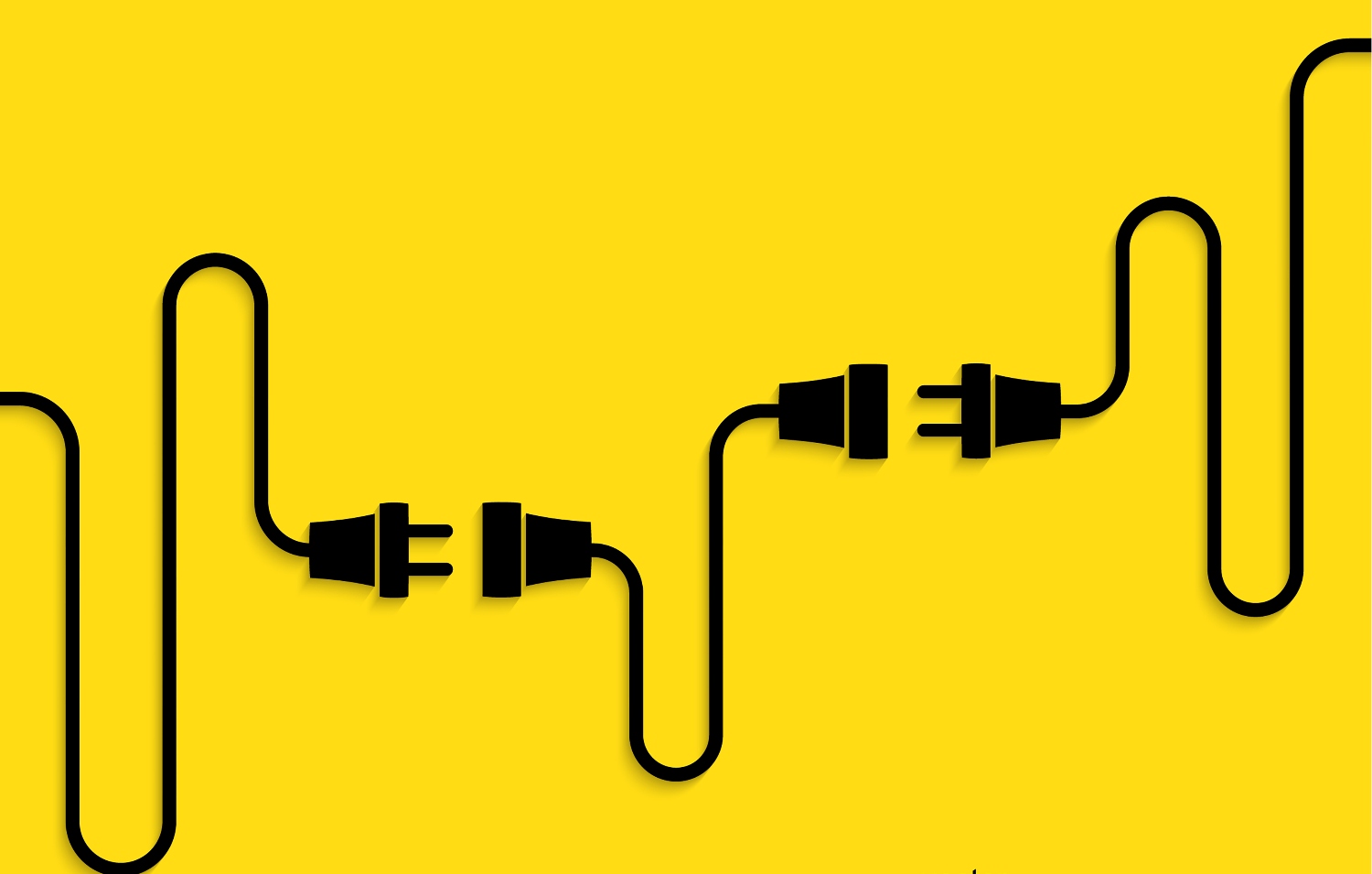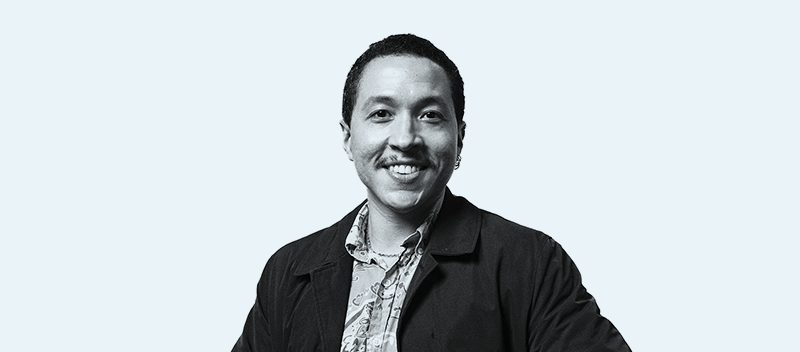The department where I started my career in 1987 had one PC, and my arrival doubled the number of people who knew how to use it. Researchers used calculators to perform their calculations and wrote the answers down on graph paper. The secretary typed out their hand-written texts, pasted the graphs in between and made as many photocopies as were needed for the number of reports. A project manager who completed two projects per year was praised for their efficiency. The wave of digitalization that has taken place since then means many of the above tasks take no time at all nowadays. Project managers can now complete five to ten projects a year. And because meetings are held online, they lose hardly any time due to travel.
The mental effort required by modern project managers is five times as great
That must mean they can take on a couple of extra projects instead.
Or can they? Haven’t we reached the point where the limit on how much work we can do is no longer the practical activities involved, but rather the mental taxation? A project manager in 1987 had to cope with the responsibilities, concerns and networks of one or two projects. The mental effort required for modern project managers is five times as great. Imagine what it would be like if we still said two projects a year was enough. Burnout wouldn’t exist! But together we have increased the work pressure. We didn’t know any better then, but now we do!
With the rise of AI, we are on the brink of the next wave of digitalization. Soon data processing and reporting will be done even more efficiently. That will leave us researchers with free time — as long as we don’t take on yet more projects! Let’s use that extra time for discussions with colleagues, inspiring experiments or simply staring briefly out of the window. Our bosses won’t notice as we’ll be doing the same amount of work as before. In fact, they will be pleasantly surprised by the falling sickness absence and the high employee satisfaction scores. Do we have a deal?
Edwin Foekema, researcher in Experimental Eco(toxico)logy

 Illustration Shutterstock
Illustration Shutterstock 

![[Seriously?] AI denies spreading fake information](https://www.resource-online.nl/app/uploads/2025/01/36-WEB_DeNeus.jpg)